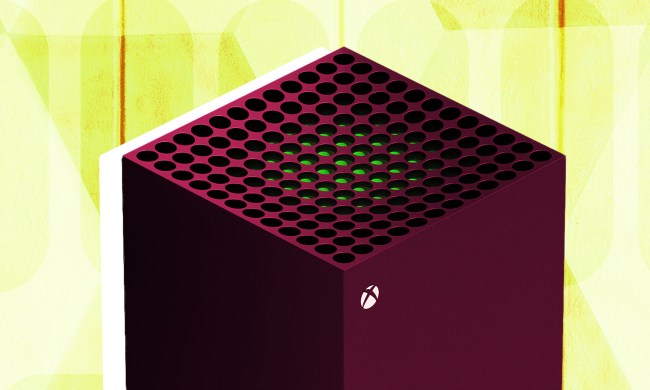So-called "click-sharing" site Compete decided to look at the just-concluded holiday season’s interest in next-generation video game consoles from a slightly different perspective: the number of U.S. consumers observed shopping for the consoles online. The theory is that consumer’s online shopping behaviors may be more indicative of their real interest than verified sales numbers of the game systems, particularly since supplies of Sony’s PlayStation 3 and Nintendo’s Wii were constrained during the height of the buying season.
It’s not entirely clear where Compete got their numbers—we’re guessing from their own search engine—but the results are interesting. Interest in Sony’s PlayStation 3 peaked quickly around the time of the console’s North American launch, but declined quickly, presumably as shoppers became chagrined at supply constraints, price, or other factors: by the time Christmas day rolled around, the PS3 was barely beating the interest level in Microsoft’s year-old Xbox 360. For its part, the Xbox 360 enjoyed a strong year overall, with a big spike in demand at the end of November owing to the release of Gears of War, a sales promotion via Amazon.com, and spill-over interest from consumers interested in the Wii and PS3. However, since the Wii was introduced in late November, 2006, it leapt above interest levels in either the Xbox 360 and PS3, and, despite overall declines in video game systems after the holidays, the Wii is still ahead of both the Xbox 360 and the PlayStation 3 in terms of consumers’ online shopping.
Compete also attempted to analyze the degree to which consumers interested in one game system considered rival consoles. The numbers show a shift away from interest in the PS3, as Wii and Xbox shoppers gave it less consideration and PS3 shoppers moved towards competitors. And, again, the Wii came out the winner, with Wii shoppers less likely to consider rival systems.
It’s too early to declare any sort of winner in the battle for dominance in the video game console market, and, especially since the source of Compete’s numbers is never identified, the entire analysis should be taken with enough salt to be considered brine. But if the trends are accurate, Sony faces some significant hurdles to making the PlayStation 3 a hit in the U.S. marketplace.


